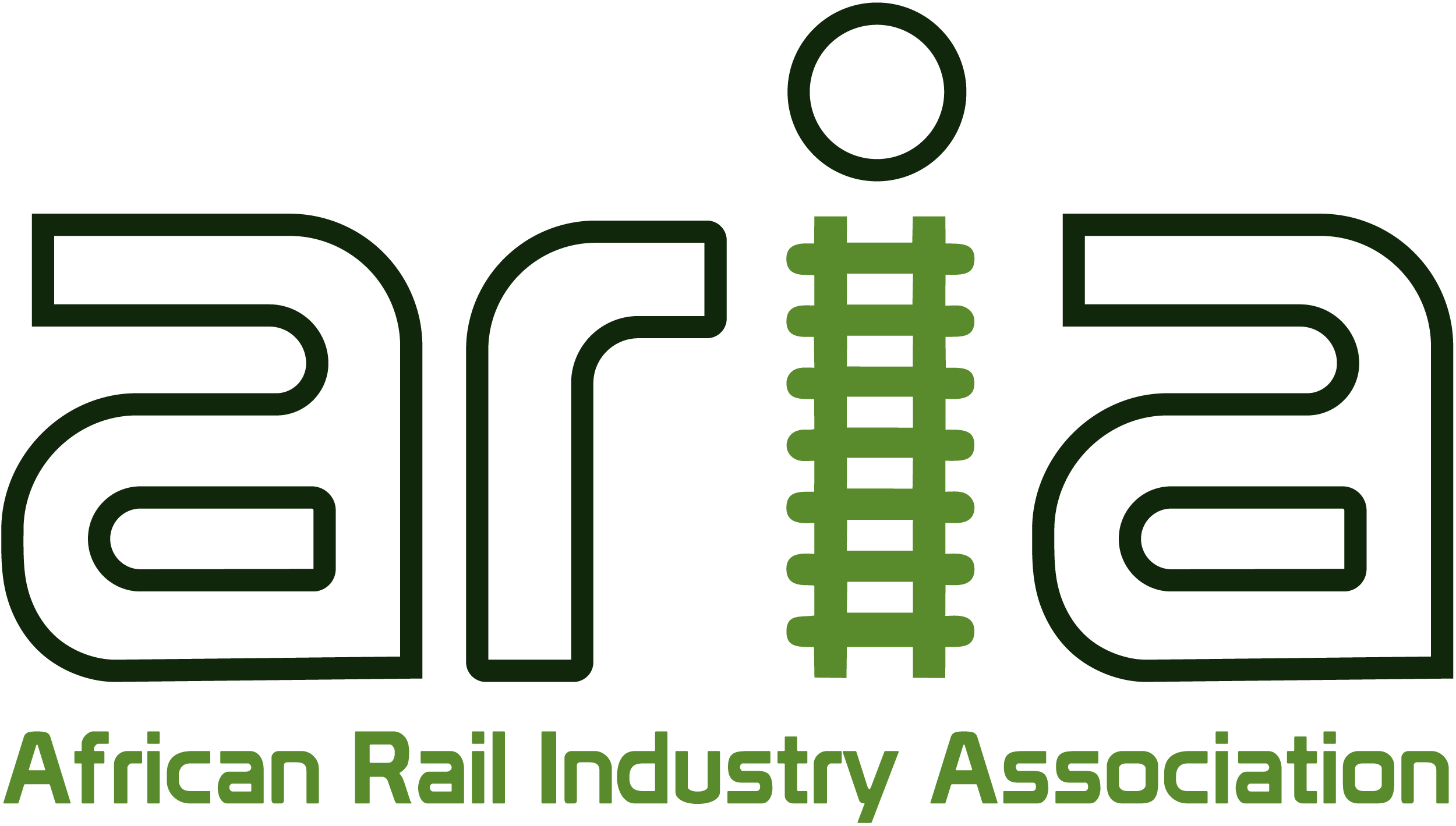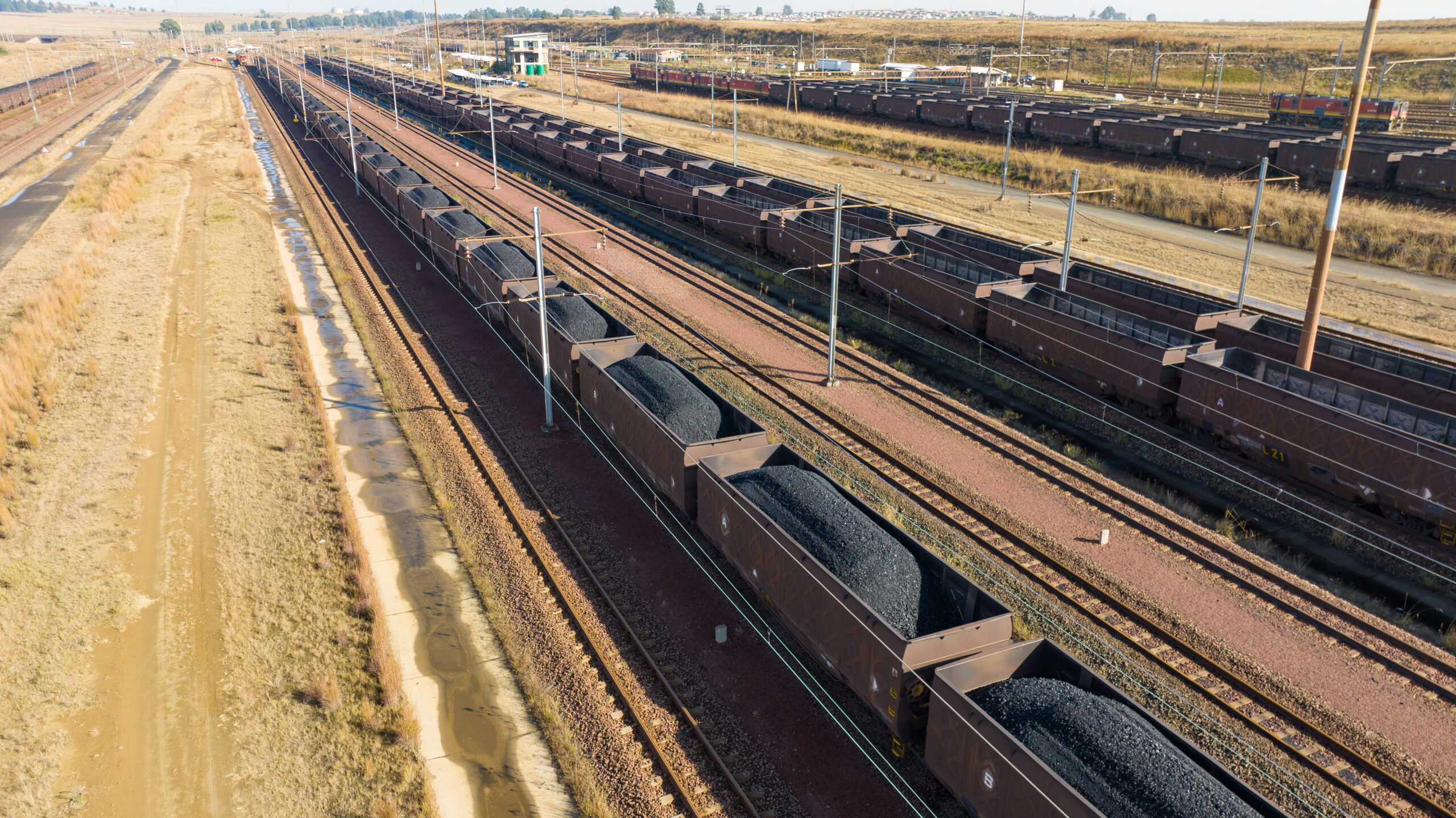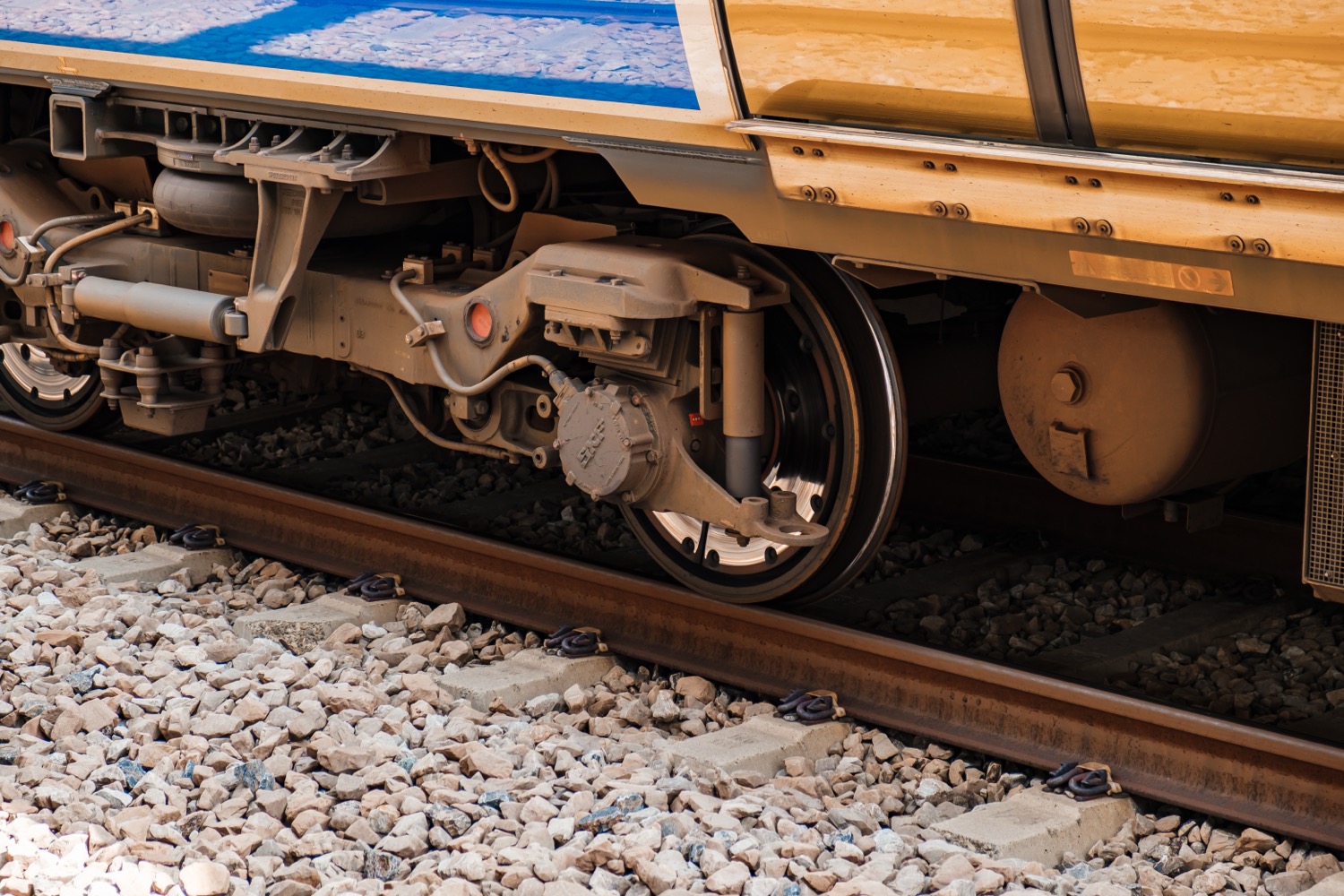
Transnet chief urges formal comment on Network Statement while acknowledging cool reception to tariff methodology
Transnet CEO Michelle Phillips has acknowledged the initial negative reaction to a proposed tariff methodology published for comment by the interim Infrastructure Manager (IM) alongside the country’s inaugural draft Network Statement, which will be used to govern access to the railway network for all train operators, including Transnet Freight Rail and private operators.
However, speaking during the African Rail Industry Association (ARIA) annual general meeting, Phillips stressed that the methodology, which was based on an allowable revenue formula, had been benchmarked internationally and reviewed by reputable external advisers.
“The methodology itself is a reasonable formula that allows the IM to recover costs associated with keeping the network at a standard that is reliable, safe and available and thus able to support freight rail logistics as required by industry,” she said.
The actual rate, Phillips added, had many dependencies, including whether government was able to provide support, as was the case in other countries where rail reforms had been implemented. However, the deterioration of the network, together with a maintenance backlog, meant that significant investment was required.
That said, Phillips stressed that stakeholders had an opportunity to comment on both the Network Statement and the tariff methodology as part of a public participation process that would be facilitated by the Interim Rail Economic Regulatory Capacity (IRERC).
“This is not Transnet trying to increase its revenues, it’s an indication of what it costs to run this network and we expect everybody to interrogate it and engage with it and use the platform being provided by IRERC to comment.”
In his address, ARIA chairperson James Holley recognised the publication of the Network Statement as a “watershed moment” for the sector, but stressed that further research and consultations were required to assess whether the statement would truly open the way for investment.
He said ARIA would work with its members to ensure that the Network Statement embedded national rail policy principles and became a “document that practically translates to investment into trains”.
This article originally appeared on engineeringnews.co.za. Read it here.




